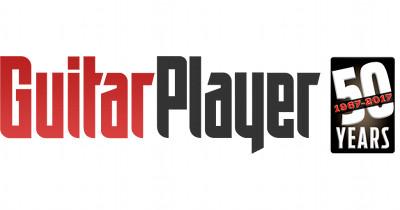 Fort Lauderdale, FL – April 23, 2018 – When The Luxembourg Signal set out to begin work on their new record Blue Field, they knew they would be taking their rich electronic-inflected
Fort Lauderdale, FL – April 23, 2018 – When The Luxembourg Signal set out to begin work on their new record Blue Field, they knew they would be taking their rich electronic-inflected
Fort Lauderdale, FL – April 23, 2018 – When The Luxembourg Signal set out to begin work on their new record Blue Field, they knew they would be taking their rich electronic-inflected dream-pop soundscapes in new directions. But to corral their expansive seven-member lineup, spread across either side of the Atlantic Ocean, the band needed a portable recording solution that would let the process emerge organically. They turned to the RME Babyface Pro interface, which captured every twist and turn of Blue Field with unparalleled precision as the band deftly weaved together a tapestry of lush vocals, driving rhythms, shimmering keys, and sparkling guitars.
Change was part of the DNA of Blue Field, according to drummer Brian Espinosa. “Like most bands, we wanted to try something different from what we did on the first record,” he says. Working with producer Mark Rains, they captured pounding drums and bass guitar at Station House Studios in Los Angeles, but afterward decamped to their respective workspaces to flesh out the tracks.
“The fact that our locations are rather far apart, from San Diego to Los Angeles to London, would have been much more difficult to manage 10-15 years ago,” Espinosa concedes. “While it would be nice and convenient for all of us to live in the same city, the fact is that recording technology like the Babyface Pro makes the physical distance between us is less of an obstacle.”
A Strong First Impression
“I first recall running into RME back in the early 2000s,” says Espinosa. “My band at the time was sharing a practice space with another band that was way more advanced in terms of their self-recording capabilities. They were using an early RME PCI-Express interface, and